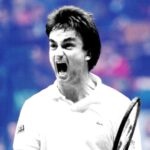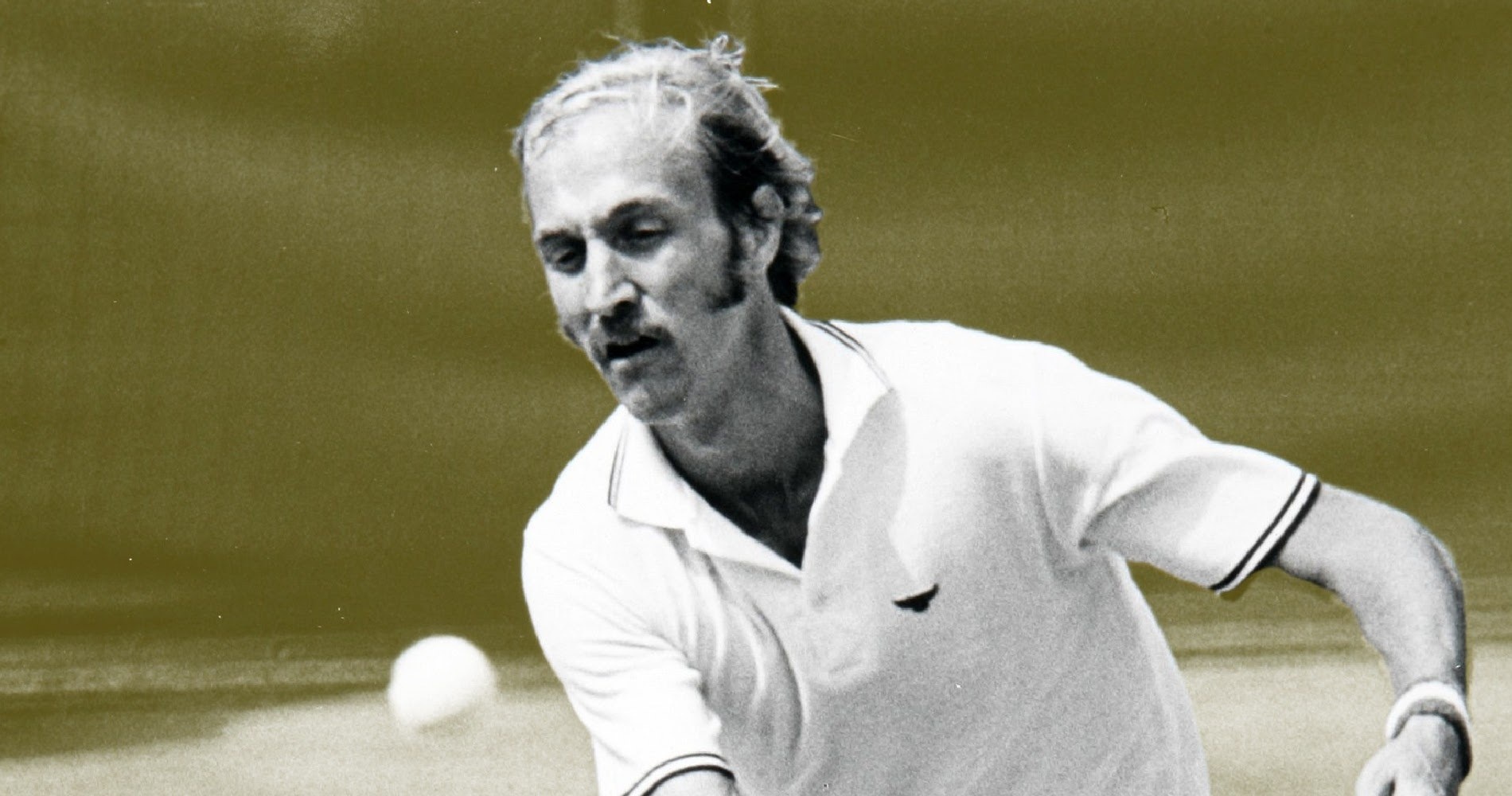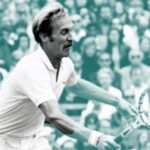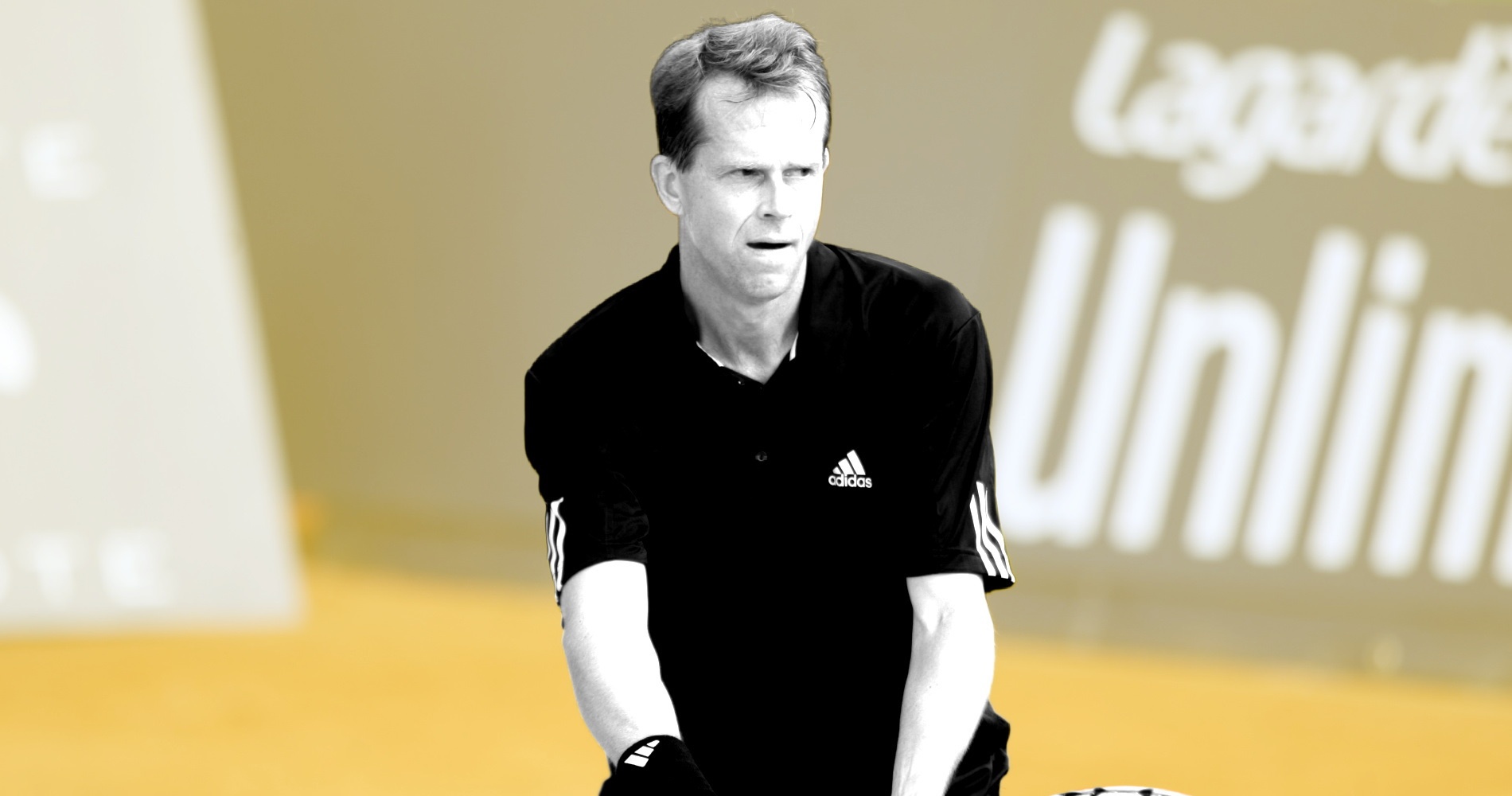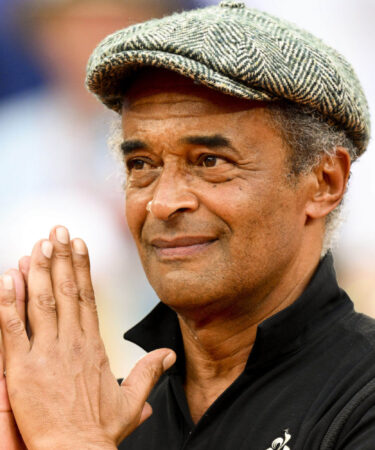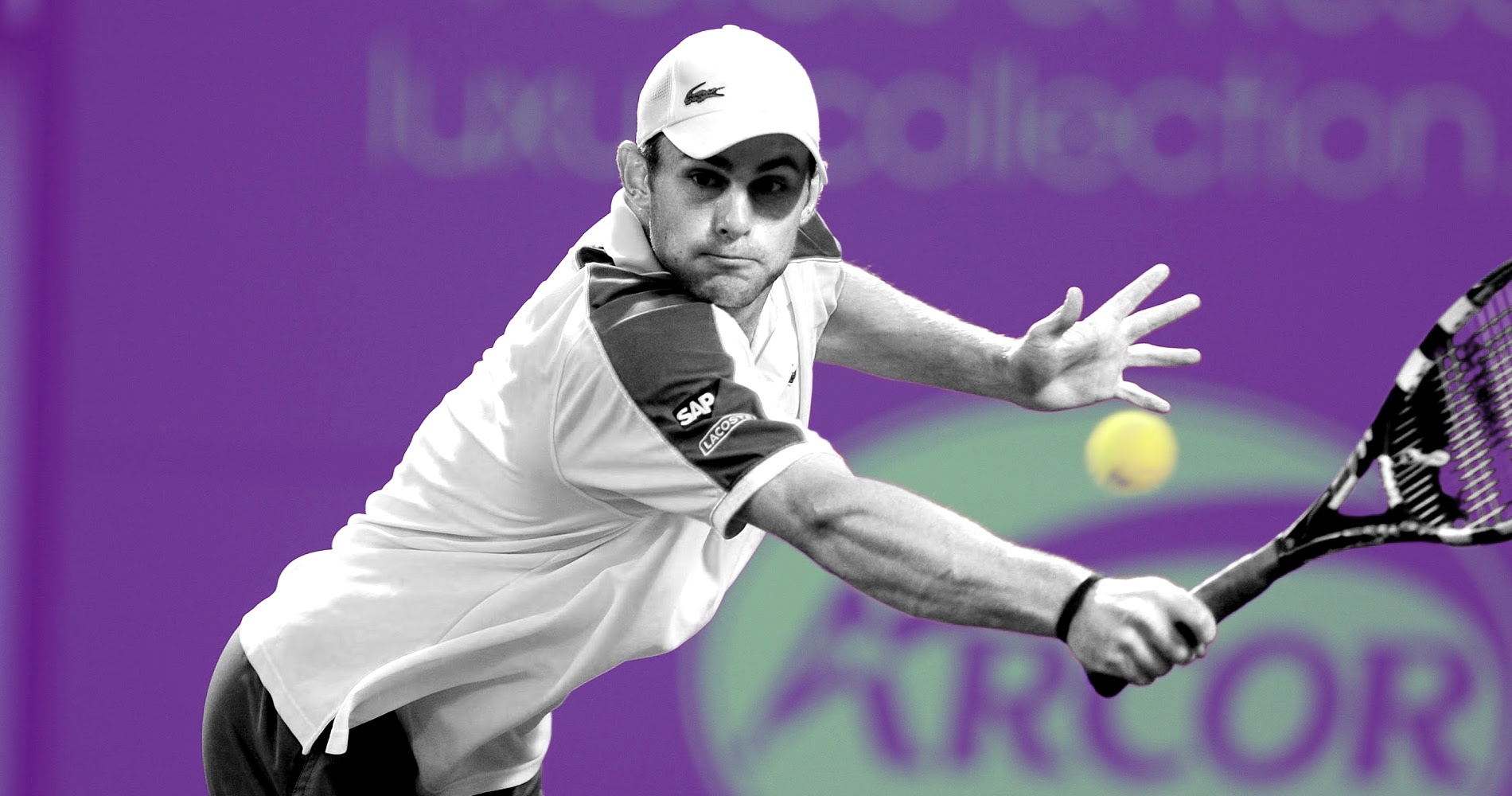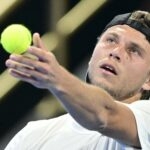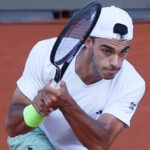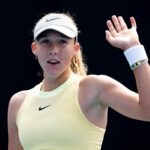December 1, 1996: The day Arnaud Boetsch saved three match points before clinching Davis Cup for France
On December 1, 1996, Frenchman Arnaud Boetsch, down 6-7, 0-40 in the fifth set, rallied against Nicklas Kulti to become the first player to ever clinch the Davis Cup title in the fifth set of the fifth rubber
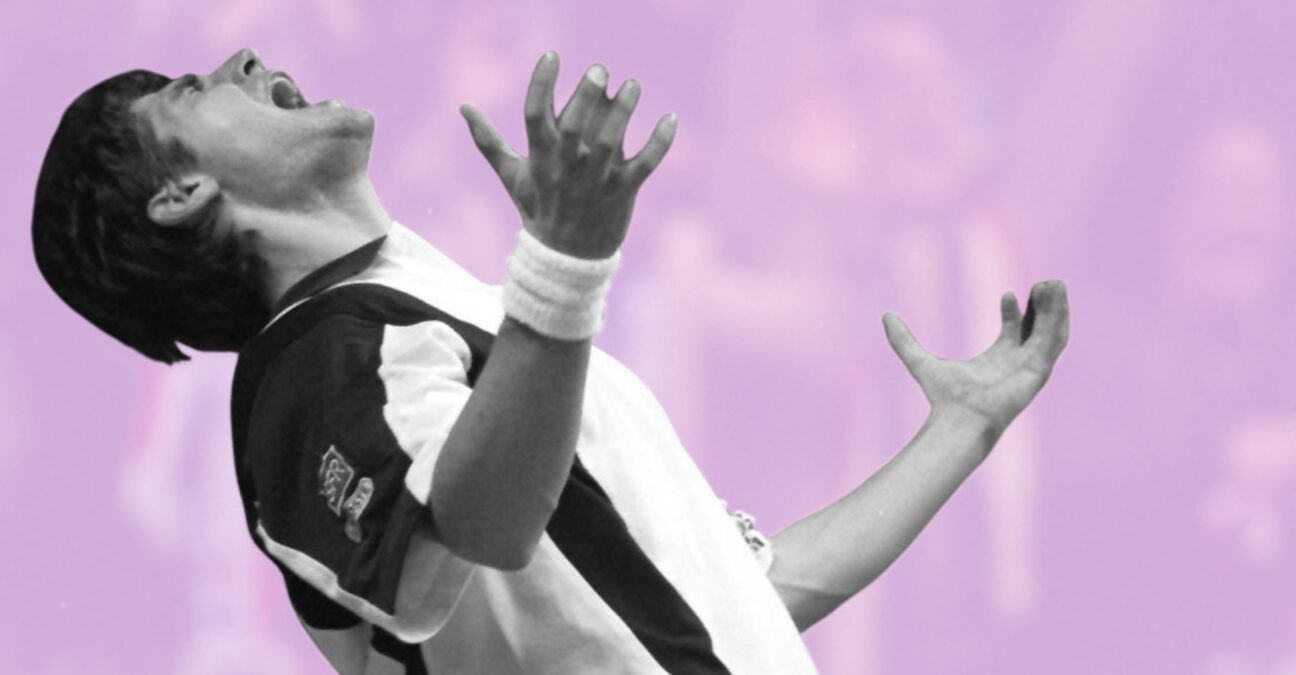 Arnaud Boetsch – Tennis – Finale Coupe Davis – 01.12.1996 – hauteur attitude joie victoire || 029289_1812
Arnaud Boetsch – Tennis – Finale Coupe Davis – 01.12.1996 – hauteur attitude joie victoire || 029289_1812
What happened exactly ON THAT DAY?
On this day, December 1, 1996, thanks to Arnaud Boetsch’s miraculous win over Nicklas Kulti (7-6, 2-6, 4-6, 7-6, 10-8) France claimed the Davis Cup for the second time in five years, defeating Sweden, 3-2. It was the first time in the history of the competition that the champion was decided after a fifth set in the fifth rubber. The 1996 Davis Cup final was also the last appearance of former world No 1 Stefan Edberg, who unfortunately injured his foot on the first day while facing Cedric Pioline.
The players involved: Arnaud Boetsch and Nicklas Kulti
- Arnaud Boetsch: Frenchman who reached the top 15
Frenchman Arnaud Boetsch, born in 1969, was one of the best u-16 players in the world, who won the Orange Bowl in 1985 and, the same year, was awarded a wild card to attend the Wimbledon qualifiers (where he was defeated in the first round). Despite this early success, Boetsch only broke into the top 100 in 1991, the year he reached his first final on the main tour, in Berlin (defeated by Petr Korda, 6-3, 6-4) and made his way into the fourth round of a Grand Slam tournament for the first time (at Roland-Garros, defeated by Franco Davin, from Argentina, 7-6, 4-6, 6-3, 6-1). In the following years, he reached the fourth round in every Grand Slam event and claimed three ATP titles, the biggest one in Toulouse, in 1995, when he defended his title by defending former world No 1 Jim Courier in the final (6-4, 6-7, 6-0). He obtained his highest ATP ranking of world No 12 in April 1996.
- Nicklas Kulti: Former junior No 1 from Sweden
Nicklas Kulti, born in 1971, was a very promising junior. Winner of the boys’ event at both the Australian Open and Wimbledon in 1989, he ended the year as the junior world No 1 and was seen as the heir of the Swedish greats – Bjorn Borg, Mats Wilander and Stefan Edberg. However, despite a first title claimed as early as 1991, in Adelaide (where he defeated Michael Stich in the final, 6-3,1-6, 6-2), his career on the ATP Tour didn’t reach those expectations. The highest ranking he ever reached was world No 32, in 1993, and his best Grand Slam performance had been reaching the Roland-Garros quarter-finals in 1992 (defeated by Henri Leconte, 6-7, 3-6, 6-3, 6-3, 6-3).
The place: Malmo, Sweden
The final of the 1996 Davis Cup was held in Sweden, at the Malmo Isstadion, an indoor sports arena with a capacity of 5,800 spectators. Home of the Malmö ice hockey team, it was also used for concerts, such as the 1992 Eurovision Song Contest.
The facts: Boetsch becomes the unlikely hero
Before it even began, tennis fans expected the 1996 Davis Cup final to be full of emotion, as it was going to be the last appearance of one of the greatest players of the last decade, Stefan Edberg. The former world No 1 and six-time Grand Slam champion had announced 12 months before that he was going to retire at the end of 1996. He had won the Davis Cup four times, and this last final was an occasion to put an end to his career in style. However, Edberg was not given that opportunity, as he injured his foot on the first day of the final against Cedric Pioline, and the first point was scored by France (6-3, 6-4, 6-3). Thomas Enqvist, the only top 10 player in Malmo, leveled the score, leaving no chance to Arnaud Boetsch (6-4, 6-3, 7-6), but on Saturday, Guy Forget, the 1991 hero, teamed up with Guillaume Raoux to defeat Jonas Bjorkman and Nicklas Kulti (6-3, 1-6, 6-3, 6-3), giving France a precious 2-1 lead.
Tension peaked on Sunday, December 1. During the two first sets of the fourth rubber, Pioline delivered a masterclass to take a two-set lead against Enqvist (6-3, 7-6). However, the Swede, who had recently won the prestigious Paris Indoor Open, didn’t give up and clawed his way back, 6-4, 6-4, to push the Frenchman into a fifth set. Pioline then found himself up close to victory, with a 5-2 lead, but he failed to seal the match and Enqvist finally prevailed, 9-7, after more than four hours of play.
When Boetsch and Kulti – who had the hard task to replace Stefan Edberg – entered the court to play the fifth rubber, one could cut the tension with a knife. The Frenchman took the first set, 7-6, but he was outplayed in the second and third sets (6-2, 6-4). Pushed by his captain, Yannick Noah, who had already led France to the title in 1991, Boetsch held on and clinched the fourth set, 7-6. For the very first time in 95 years of Davis Cup history, a deciding fifth set was to be played in the fifth rubber of the final – but there was more to come to make that match live in tennis history.
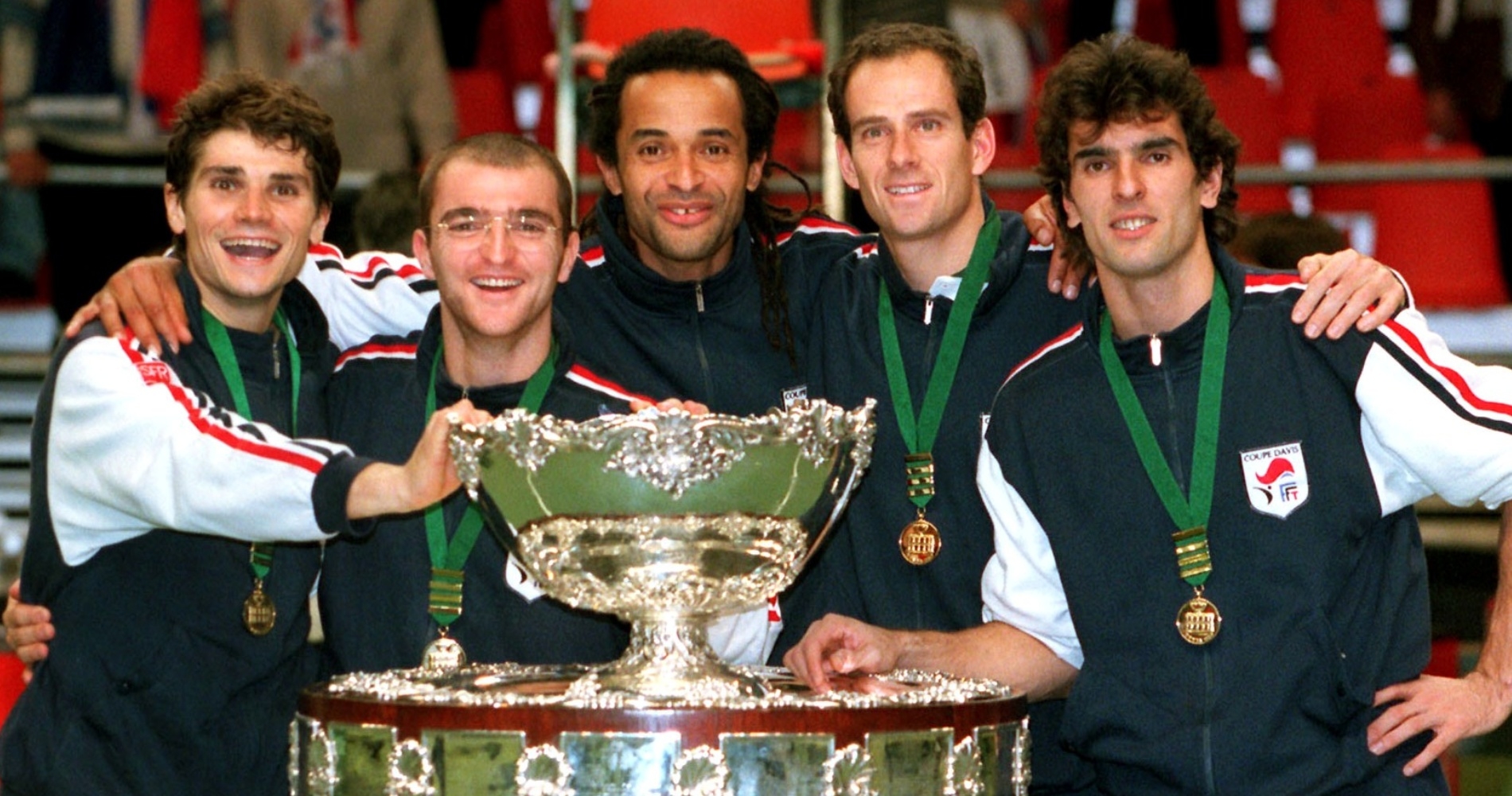
Almost four hours after the match had begun, the Frenchman found himself down 6-7, 0-40 on his serve, thus facing three consecutive match points. However, after having exchanged meaningful looks with his captain, Boetsch managed to save them and to stay alive. Two games later, he broke Kulti’s serve to take a 9-8 lead. It still took him three match points before he sealed his victory and, as unbelievable as it would have seemed 15 minutes earlier, he clinched the Davis Cup title, at 10.56 PM, after having saved three match points in the fifth set of the deciding rubber. In total, the two matches of the day had lasted nine hours and 13 minutes.
“Alfred Hitchcock would not have done better,” summarised the Swedish captain Axel Hageskog, quoted by Reuters.
“This week was very, very hard. We worked very hard and mentally, it was very, very difficult. It was my first final as singles player, a new experience that created a lot of stress, a new responsibility,” Boetsch told Reuters in 2010. “On the first day, I’m heavily beaten. Stefan Edberg gets injured and we’re not sure he’s going to play on the last day. At 2-2 on Sunday, I don’t know who I’m going to play but from then on, bringing back the last point was my mission.”
Despite their great joy, the French didn’t forget to pay a tribute to Edberg – Noah, the captain, carrying him on his shoulders for a final lap of the crowd.
What next? Boetsch and Kulti soon retire
The final of the 1996 final would remain the peak of Boetsch’s tennis career. After his retirement, he would often appear as a sports commentator before becoming director of communication for the Rolex company.
Kulti would retire in 2000. He would remain involved in tennis as a coach and founder of a famous academy in Sweden along with former players Magnus Norman and Mikael Tillstrom.
